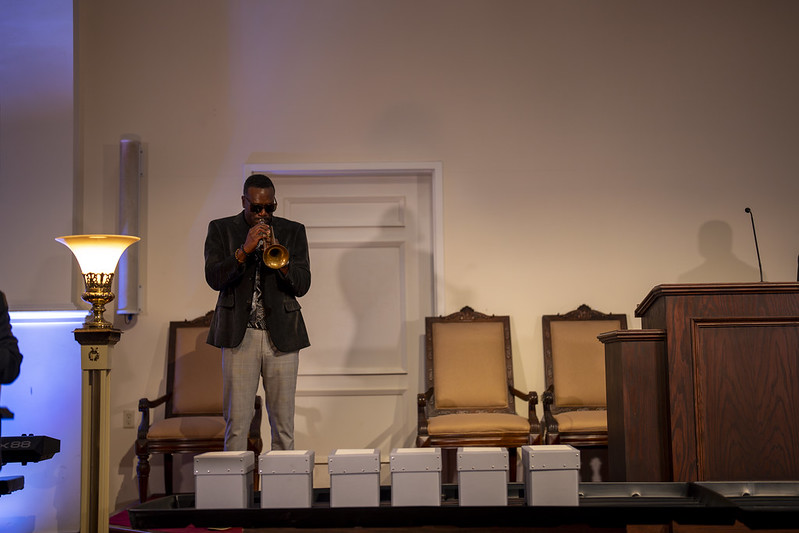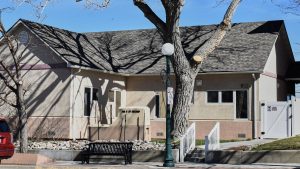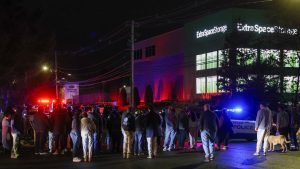Skulls of 19 Black Americans returned to New Orleans, honored at service

A New Orleans jazz funeral to honor 19 African Americans whose skulls were taken to Germany and used for “racially biased scientific research” was held on Saturday, May 31, in Louisiana. The remains were returned as part of a joint effort that included Dillard University, the city of New Orleans and University Medical Center, according to a press release.
Dillard University’s president, Monique Guillory, said that the remains coming back is a “restoration of humanity.”
According to Dillard University, a New Orleans doctor, Henry D. Schmidt, gave 19 crania to Dr. Emil Ludwig Schmidt of Leipzig, Germany in the 1880s.
The skulls were “cataloged as ‘specimens’ during a time of rampant colonialism and racial pseudoscience,” Dillard University said.
NBC News wrote that this research was trying to confirm a false theory that Black people’s brains were smaller than other people’s.
The University of Leipzig reached out to the City of New Orleans Archaeologist in 2023 and offered to repatriate the remains of Adam Grant, Isaak Bell, Hiram Smith, William Pierson, Henry Williams, John Brown, Hiram Malone, William Roberts, Alice Brown, Prescilla Hatchet, Marie Louise, Mahala, Samuel Prince, John Tolman, Henry Allen, Moses Willis and Henry Anderson. Two of the deceased could not be identified.
Paul Wolff Mitchell, a researcher at the University of Amsterdam, told the New York Times that this effort is believed to be the first major international repatriation of Black Americans’ remains from Europe.

In a statement, Eva Baham, chair of the repatriation committee at Dillard University, said the collaboration between the groups to bring the remains back is an “act of healing, rooted in a shared commitment to truth and historical accountability.”
Guillory, at a press conference on Thursday, May 29, said that the “19 souls” are being remembered after a death where they were “stripped of their dignity.” They were people with names, “stories and histories,” Guillory added.
“Some of them had families — mothers, fathers daughters, sons,” Guillory said. “(They were) not specimens, not numbers.”
The funeral and repatriation is about “confronting a dark chapter in medical and scientific history, and choosing instead a path of justice, honor and remembrance,” Guillory said.
“These people mattered,” she said. “They belonged here and now they are home.”
During the memorial service, Guillory said as long as she is president of Dillard, May 31 will be known as “Repatriation Day” for the university.
“From this moment on, may these and all other ancestors continue to walk with us and bless us abundantly,” Guillory said.






